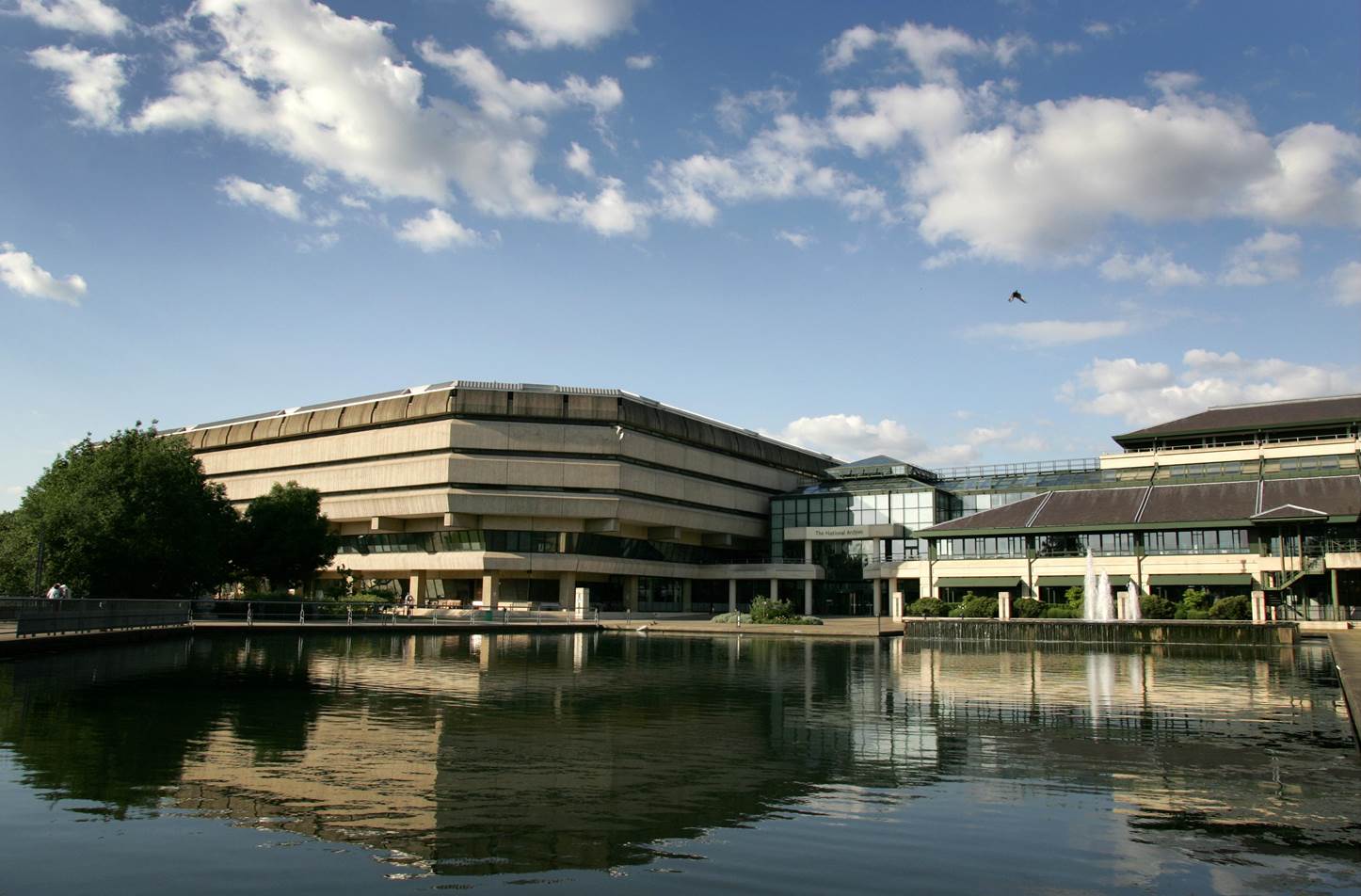The public sector might know what core digital skills it is short of, but its across-the-board capacity to embrace change is the key problem, according to Mel Ross of transformation consultancy Adapt2Digital.
Mel Ross – Photo credit: Socitm
The tech part of the public sector talks a lot about the digital skills gap, and we are starting to see a plethora of apprentice concepts gain traction in an attempt to deal with the situation.
That’s great, but it is a reaction to “scary HR facts” telling us what we need to focus on, rather than an attempt to address the wider systemic issues that created the problem in the first place.
A session I co-hosted at this year’s Socitm spring conference included a straw poll of audience members that found more than 90% of public-sector professionals believed their organisation was “doing” some form of digital transformation.
The sentiment sat awkwardly with the answers to a subsequent question, which found 92% of the same audience had never conducted an audit of their organisation’s digital skills, although just over one-fifth of those people said they intended to. Some 8% of respondents said they had conducted a digital skills audit of a sample group of staff.
Related content
Digital transformation needs a little more talk and much more action
Plugging Whitehall’s digital skills gap could cost £213m, says NAO boss
The digital skills gap isn’t just about, say, a shortage of coders in a local authority; it’s the lack of understanding of how digital can help improve the way we work and affect better customer outcomes.
Combating the gap is about having literacy and advanced skills to take advantage of opportunities. It’s about having the creativity to think about ideas and innovations, and to work in a data-driven way rather than one driven by mindless industrial processes.
It is also about active leadership, with those in the command chain changing the way they think and do business so that others can follow.
‘Digital is fuzzy’
As with all things digital, there’s a danger that we may be falling into a “silo trap” that new ways of doing things ought to be freeing us from.
We all tend to label things to add meaning and make sense of them, but – as one local authority chief executive I know said to a leadership team meeting last week: “Digital is fuzzy and we have to be OK with that; we have to build up the voice of the council and the community”. This is the heart of the issue.
Digital is fuzzy because there is so much going on and it’s all moving in a kind of swirling fog, the antithesis of any label, neat box or “Target Operating Model”, which are things we humans have come to rely on.
Why is this relevant? Because digital skills shortages are a symptom of a greater systemic challenge, which, if seen just as a single entity will not even scratch the surface of the problem.
And that problem is what I call the “cultural chasm”. It is the difference between how public services currently operate and a world in which leadership is less about hierarchy than about skill, knowledge, wisdom and innovation.
It’s a world where the individual rises up as a unique being whose worth is known, whose profile is based on self-management, self-learning and most of all natural accountability.
Sticking-plasters and real solutions
I sometimes wonder whether the chasm could become the stuff of conspiracy theorists, convinced governments and corporations actually don’t want us to really understand or do anything about it.
Digital transformation is a global market already worth billions yet when you delve into what is on offer, very few services or solutions look at what’s really going on within organisations. Rather, they serve to provide medicine and an Elastoplast to ease the symptomatic pain. That’s because such solutions aren’t addressing the skills gap.
At Adapt2Digital, we talk to the public sector, the private sector and the third sector all the time. When we hint at the cultural chasm between the way things are currently done and the need to break through to the new system, the response tells us that we will only be able to address the symptoms.
Digital is often portrayed in the media as scary and evil, yet those descriptions are far more appropriate for the industrial era. It is not digital that will dehumanise us, the industrial era has already done that. It did everything in its power to reduce us to groupings and numbers – silos, if you will.
Digital is our revolutionary opportunity to realise our humanity once more. But the only way we can do this is to fight for the cause: that everything needs to change.
Digital skills are definitely in great need and the gap must be dealt with as a matter of urgency, but the cultural chasm is where we want to be focussing our strategies – at the very systems that created the skills gap.
Creating a new digital silo will not help us improve education and the system-wide processes left over from the industrial age.



